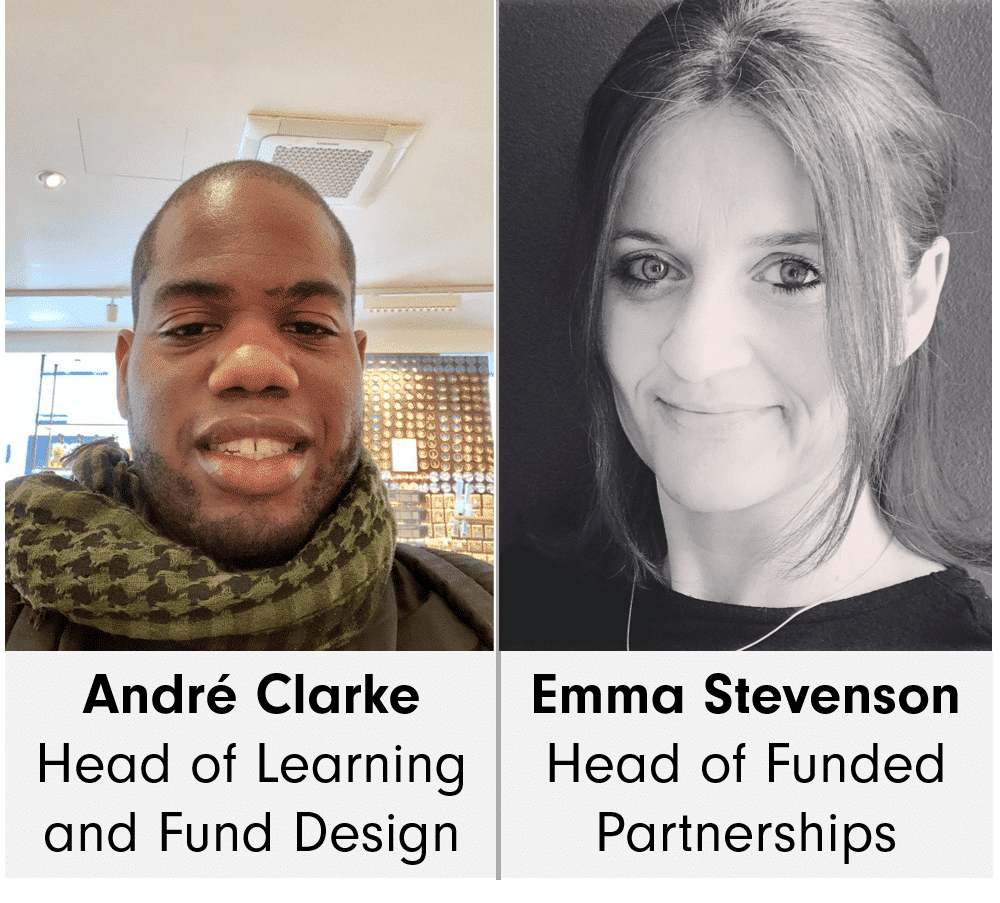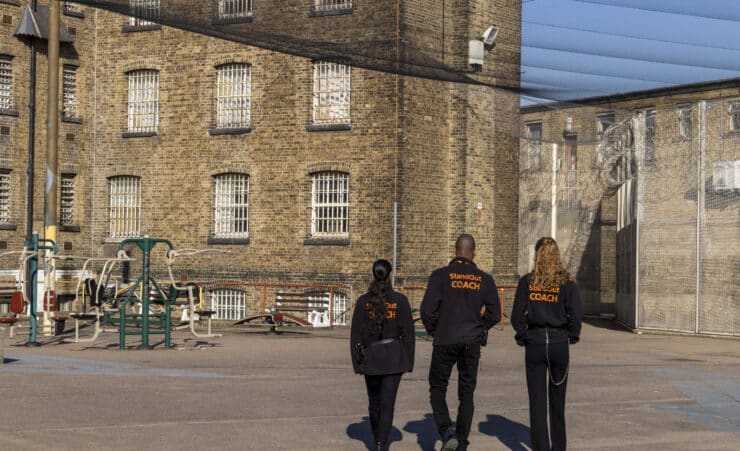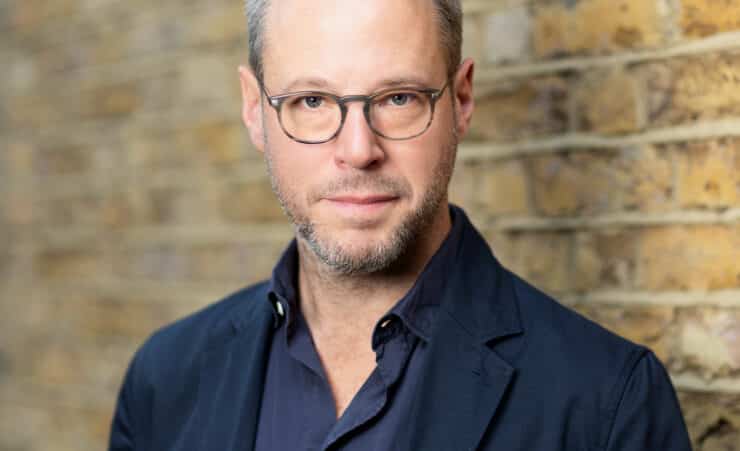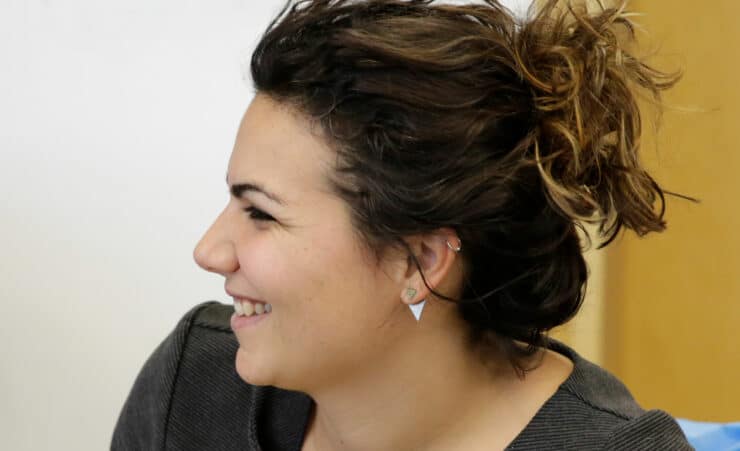
A funding approach rooted in trust
Learning from lockdown blog series
Like many funders, Comic Relief is continually exploring how we fund and collaborate to improve processes for our funded partners and, ultimately, achieve greater impact. The Covid-19 pandemic has meant that many of those ambitions, which were previously considered ‘longer term’, have become more immediate. It has meant adapting our processes and practices on the go as the needs of the people and organisations we work with have evolved. And questioning where we’re best placed to support, and where we let others take the lead. Here are five reflections.
-
Clarity amidst the noise
‘Early, accessible and responsive communication about what we as a funder are offering and can do to help is always key, but particularly during times of crisis.’
- We knew it was important to get information to our funded partners as quickly as possible, explaining how existing investments could be used more flexibly in response to Covid-19. We immediately published FAQs on our website and regularly updated them as the situation changed. Good internal coordination and continual analysis of requests and queries helped us think about and address issues affecting our funded partners. And we received positive feedback for our responsiveness and transparency.
-
Centering flexibility
- In an emergency, we know funded partners need funding to be as flexible as possible to genuinely meet local need. We recognised timelines, expenditure and goals set out in existing grant agreements might need to shift to reflect the changing context, and we made that easy to do. One of our strategic aims is to measurably increase investment in core and flexible funding. Our experience from the past six months has shown us that this is possible.
‘At the heart of this is driving forward an approach to funding that is rooted in trust.’
-
Speed and agility
- A typical open funding programme at Comic Relief takes approximately six to nine months from launch to first payment. For our ‘emergency’ Covid-19 funds, the process took weeks rather than months.
‘We demonstrated that we can get money out the door quickly when we need to.’
- This was enabled in part by proactively inviting large national organisations to partner with us to flow money through to the frontline. While this worked well, it challenged our usual practice of being open and equitable rather than pre-selecting organisations to fund. For our second phase of Covid-19 funding, the ‘Recovery fund’, we streamlined the application and assessment process, enabling us to make 201 grants in six weeks.
-
Cross-sector working
- Effective collaboration and cross-sector working are essential in order to address gaps, avoid duplication, increase impact and help leverage more funding into under-funded sectors. Funders talk about this a lot, but success has been varied. The coming together of funders in response to Covid-19 was immediate and impressive, and we were happy to be involved. In particular, we saw positive action around:
-
-
- Ensuring effective data sharing via 360 Giving
- Establishing shared protocols and ways of working such as the recommendations for integrating a diversity, equity and inclusion lens
- Sharing (with permission) applications and due diligence to reduce the workload of funded partners.
-
-
Diversity, Equity and Inclusion
- The pandemic unsurprisingly magnified longstanding inequalities across society. It shone a spotlight on the disproportionate impact of Covid-19 on LGBTQ+ individuals and those experiencing racial injustice. Even within these communities, the impact of coronavirus was and is not the same for everyone. Research by the Ubele Initiative showed the negative impact of years of reduced funding to organisations led by and serving these communities impacted on frontline support and the long-term viability of smaller organisations. This research and the call to action from #CharitySoWhite led us to accelerate work on ensuring funding reaches some of these groups.
- To that end we designed and launched two targeted funding programmes led by LGBTQ+ communities and communities experiencing racial inequality. We know there is a lot more that we need to do and, building on our learning from the first round, we have launched a second funding round for partner grant makers to further support communities experiencing racial inequality which have been disproportionately affected by the Covid-19 pandemic. We have learned how important it is to change our expectations on the types of organisations we will fund.
‘Years of underfunding has inevitably resulted in less financially and operationally robust organisations. It is now the responsibility of funders to rectify that and start investing in them in the long term.’
The current trajectory of the pandemic in the UK shows us it is far from over. We will need to continue to support our funded partners and the broader sector, to build on what we’ve been able to do since March:
- More collaboration between funders
- Early and clear ongoing communication
- Flexible investments based on the neds of a sector or individual funded partners
- Less bureaucracy and simpler processes.
Even more importantly, we will need to consider in the coming months how we build on what has worked and sustain the advances that we’ve made in our funding practice.


